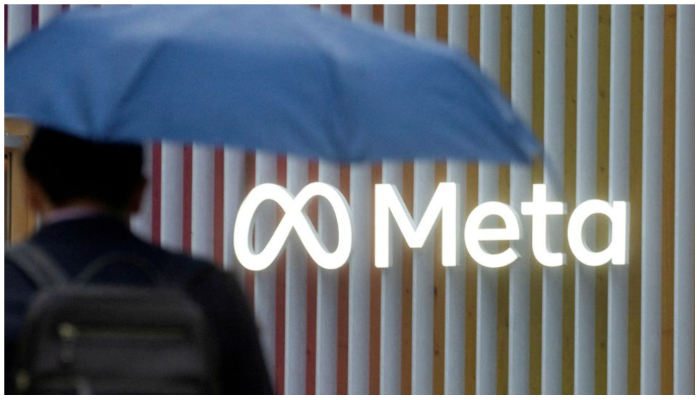Meta Found Snooping on Student Aid Applicants
If you are 1 of the millions of learners implementing for scholar support each and every 12 months, then odds are Facebook—and Facebook’s dad or mum enterprise Meta—know about it.
Which is the principal takeaway from a new investigation by The Markup, which discovered a little, invisible piece of code termed the “Meta Pixel” lurking on the web-site where by college students implement for Totally free Application for Federal Pupil Support, also recognized as FAFSA. The FAFSA people have a pretty sturdy existence on both equally Fb and Instagram and they operate an similarly strong range of adverts throughout both of those. Presumably, someone at the Office of Instruction plopped the pixel on the website page in order to much better focus on those advertisements, employing the Pixel to much better know who was checking out, and when.
Data details like students’ initially and very last names, e mail addresses, and the point that they used for help ended up all sent back to the company, according to code that the Markup posted for any individual to peruse.
If you peek at it, you may well detect that the data is “hashed” in a way that, on paper, eliminated all those pinpointing details. But it is also well worth noting that hashed data can simply be traced back again to the machine that manufactured it, from time to time really quickly, even for a corporation with out Meta’s tech prowess. Right after The Markup contacted the U.S. Office of Training about the observe, the agency yanked the offending code from FAFSA’s software web site. This still leaves countless aid applicants’ details in Meta’s palms.
Even if you’ve never heard of a Meta Pixel right before, there is a great opportunity you have stumbled on to just one somewhere throughout the website. Apart from the student aid web page, there are far more than a person million internet websites in the United States by yourself that have that little piece of tech onboard. Meta’s pitch to web-site operators, in scenarios like these, is that the Pixel can monitor end users as they roam throughout a given webpage so that the companies and brands operating these websites can retarget individuals people across homes like Fb or Instagram. But the company’s privateness insurance policies are variety of a gnarled mess and even Meta does not know wherever that details may possibly end up or how it might be made use of for concentrating on in the potential. The company’s information procedures make it crystal clear that it retains this details for many years on stop.
G/O Media might get a commission
Save $70
Apple AirPods Max
Encounter Up coming-Amount Seem
Spatial audio with dynamic head tracking provides theater-like seem that surrounds you
Gizmodo arrived at out to Meta for comment on this story and we’ll update this write-up when we acquire a reply. In a assertion to The Markup, a spokesperson famous that the business “continues to proactively teach advertisers in delicate verticals on how to adequately established-up our organization instruments.”
What’s unclear is whether these makes an attempt to teach the Division of Instruction are essentially likely wherever. Federal government businesses are notoriously dense when it will come to anything know-how, and when it will come to comprehending tech privateness, issues get even even worse. Receiving this piece of tech off just one web site is a very good start, but we nonetheless have a long way still left to go.



